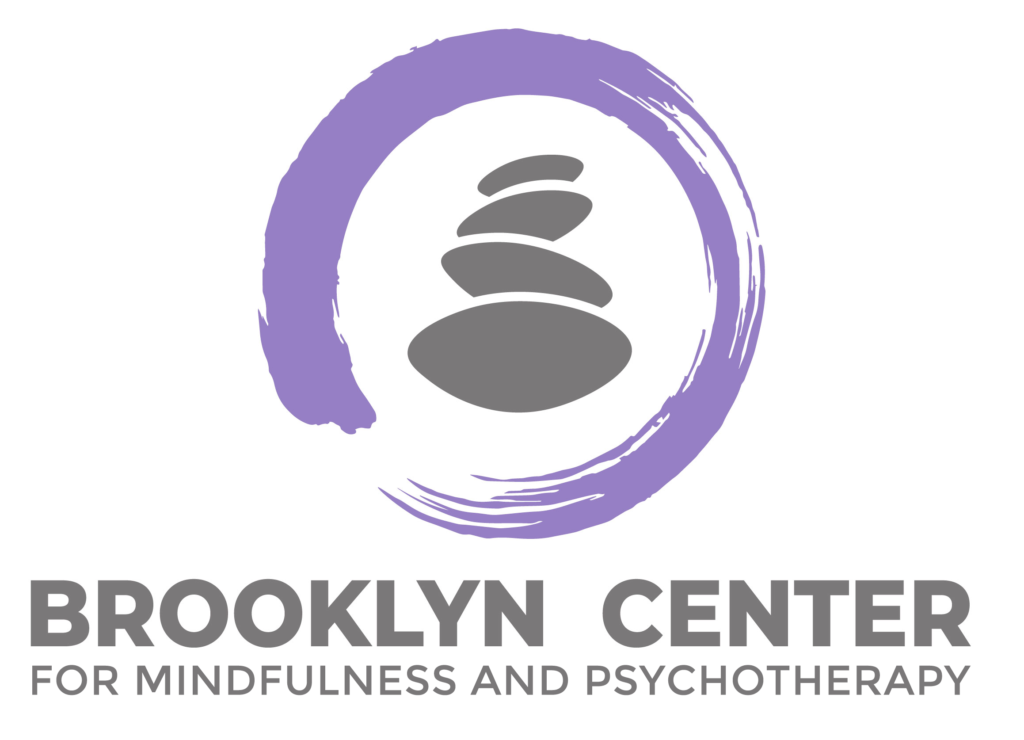Welcome to our blog, where we delve into the transformative power of group therapy and the invaluable support and connection it offers individuals in New York. In a bustling metropolis like New York, feeling isolated and overwhelmed is easy. Still, group therapy provides a haven where people can come together, share their experiences, and find solace in a community of peers who truly understand. Join us as we explore the many benefits of group therapy and how it can be a lifeline for personal growth, healing, and building lasting connections in the vibrant city that never sleeps.
What is Group Therapy?
Group therapy is a form of psychotherapy where a group of individuals, typically around 6-12 people, meet regularly with a trained therapist to discuss and explore their thoughts and feelings. It can be an effective treatment option for a wide range of mental health concerns, including depression, anxiety, addiction, and trauma. In New York, many different types of group therapy are available, including support groups for specific issues or populations, process groups that focus on interpersonal dynamics, and skills-based groups that teach coping strategies. Group therapy can provide a sense of community and support while allowing individuals to learn from the experiences of others facing similar challenges.
Advantages of Group Therapy
Group therapy offers several advantages for individuals seeking treatment in New York. Here are some key benefits:
Support and Validation: Group therapy provides an environment where individuals can share their experiences, struggles, and successes with others with similar issues. This sense of belonging and validation can be precious in a bustling city like New York, where many people may feel isolated or disconnected.
- Cost-Effective: Group therapy is often more cost-effective than individual therapy. In New York, where the cost of living can be high, group therapy offers an affordable option for individuals who may have financial constraints but still want to access therapeutic support.
- Diverse Perspectives: New York is a diverse city with people from various backgrounds and cultures. Group therapy allows individuals to engage with others who bring different perspectives, experiences, and viewpoints. This diversity can enrich the therapeutic process, promote understanding, and foster personal growth.
- Social Skills Development: Group therapy offers a unique opportunity to practice and improve social skills in a safe and supportive environment. Through interactions with other group members, individuals can learn effective communication, conflict resolution, empathy, and other interpersonal skills essential for navigating relationships and social situations in a city as vibrant as New York.
- Feedback and Accountability: In group therapy, individuals receive feedback and insights from both the therapist and other group members. This feedback can provide valuable perspectives, alternative viewpoints, and constructive criticism. Furthermore, the group setting promotes accountability as individuals can set goals, share progress, and receive encouragement from others.
- Reduced Isolation and Stigma: In a city as densely populated as New York, it’s not uncommon for individuals to feel isolated, even amid a sea of people. Group therapy can combat this isolation by fostering connections and creating community. It can also help reduce the stigma associated with mental health challenges as participants realize they are not alone in their struggles.
- Learning from Others’ Experiences: Group therapy offers the opportunity to learn from others who may be further along in their healing journeys or have different coping strategies. Hearing about others’ experiences and witnessing their growth can provide hope, inspiration, and valuable insights that may apply to one’s life.
Different Types of Group Therapy
In New York, various types of group therapy are available to address a wide range of mental health and personal development needs. Here are some common types of group therapy you may find in New York:
- Support Groups: Support groups provide a safe and empathetic environment for individuals with specific challenges or conditions. They can be focused on topics such as grief and loss, addiction recovery, mental health disorders, or chronic illnesses. Support groups offer a space for participants to share experiences, receive support, and learn coping strategies.
- Psychotherapy Groups: Psychotherapy groups are led by trained mental health professionals and focus on exploring emotions, improving interpersonal skills, and promoting personal growth. They may employ various therapeutic approaches, such as cognitive-behavioral therapy (CBT), dialectical behavior therapy (DBT), or psychodynamic therapy. These groups can address multiple issues, including anxiety, depression, trauma, or relationship difficulties.
- Skills-Based Groups: Skills-based groups aim to teach specific skills to enhance personal development or manage particular challenges. Examples include stress management groups, anger management groups, social skills groups, and assertiveness training groups. Participants learn and practice new skills in a supportive group setting.
- Process-Oriented Groups: Process-oriented groups focus on the here-and-now experiences of group members. These groups allow participants to explore their thoughts, feelings, and behaviors in real-time and gain insights into their interpersonal dynamics. Process-oriented groups can benefit individuals seeking personal growth, self-awareness, and improved relationships.
- Psychoeducation Groups: Psychoeducation groups offer a structured setting to educate participants about specific mental health conditions, coping strategies, and self-care practices. These groups aim to provide information, enhance understanding, and promote well-being. Examples of psychoeducation groups include anxiety management workshops, mindfulness groups, or workshops on managing chronic pain.
- Specialty Groups: New York also offers specialty groups that cater to specific populations or concerns. These may include groups for LGBTQ+ individuals, women’s empowerment groups, men’s support groups, groups for veterans, or groups for individuals from specific cultural backgrounds. Specialty groups create a space for individuals with shared experiences to connect and support each other.
It’s important to note that availability and specific types of group therapy can vary depending on the location, mental health clinics, hospitals, or private practices in New York. It’s recommended to contact mental health professionals or organizations in your area to explore the group therapy options that best suit your needs.
Techniques Used in Group Therapy
Group therapy is a popular and effective form of psychotherapy involving a therapist leading a group of individuals experiencing similar issues or challenges. In New York, like in many other places, various techniques are used in group therapy to facilitate healing, personal growth, and emotional support. Here are some standard methods used in group therapy in New York:

- Psychoeducation: Group therapy often involves providing information and education about specific issues or mental health conditions. This helps group members understand their challenges better, normalize their experiences, and gain insight into potential coping strategies.
- Supportive Environment: Creating a safe and supportive environment is crucial in group therapy. The therapist establishes ground rules, promotes confidentiality, and encourages empathy and respect among group members. This supportive environment fosters trust and encourages individuals to share their thoughts and feelings openly.
- Active Listening: Active listening is a core technique in group therapy. Group members are encouraged to listen attentively to one another, providing validation and support. Active listening helps foster a sense of connection and understanding among group members.
- Sharing and Feedback: Group therapy provides a platform for individuals to share their experiences, thoughts, and emotions with others who can relate. Group members are encouraged to provide constructive feedback, offer insights, and share personal strategies that have been helpful to them. This sharing and feedback process can lead to personal growth and new perspectives.
- Interpersonal Process: Group therapy often focuses on the dynamics and interactions between group members. The therapist may highlight and explore the relationships, conflicts, and communication patterns that emerge within the group. This interpersonal process allows individuals to gain insight into their relational patterns and learn new ways of relating to others.
- Cognitive-Behavioral Techniques: Cognitive-behavioral therapy (CBT) techniques are commonly incorporated into group therapy. This includes identifying and challenging negative thought patterns, developing healthy coping skills, and practicing new behaviors. Group members may modify their thoughts and behaviors by using structured exercises and assignments.
- Role-Playing and Role Reversal: Role-playing exercises can be utilized in group therapy to help individuals practice new skills or experiment with different perspectives. This technique allows group members to gain insight into their behavior and experience firsthand the impact of different approaches.
- Expressive Arts Therapy: Some group therapy sessions in New York may incorporate graphic arts therapy techniques, such as drawing, painting, writing, or music. These creative outlets can help individuals explore and express their emotions nonverbally, enhancing self-awareness and promoting healing.
How Group Therapy Works?
Group therapy is a therapeutic approach that involves a small group of individuals with similar concerns or conditions coming together under the guidance of a trained therapist. The group members share their experiences, challenges, and emotions within a supportive and confidential environment. Through active participation and mutual support, group therapy provides a platform for members to gain insights, develop coping skills, and enhance personal growth. The therapeutic process in group therapy often includes exercises, discussions, and feedback from the therapist and fellow group members, fostering empathy, validation, and a sense of belonging among participants. By sharing their stories and learning from others, individuals in group therapy can gain new perspectives, improve interpersonal skills, and find solace in understanding and connecting with others facing similar struggles.
Conclusion
In conclusion, group therapy at Brooklyn Mindful in New York offers a transformative experience for those seeking support and connection with peers. Through this powerful therapeutic approach, individuals can find solace in knowing they are not alone in their struggles and can grow alongside others who share similar experiences. The unique environment created by group therapy fosters empathy, understanding, and a sense of belonging, providing an invaluable space for personal growth and healing. If you are ready to embark on a journey of self-discovery and forge meaningful connections with like-minded individuals, contact Brooklyn Mindful today and take the first step towards a brighter future filled with support, understanding, and renewed hope.






